Winning Time follows the triumphs and struggles of the 1980s Los Angeles Lakers basketball team as we watch how a dynasty is built on the lives of the NBA legends who made magic on and off the court. Winning Time is HBO’s slam-dunk drama depicting the Lakers transition from also-rans to cultural stardom.
In this Goggler exclusive, we speak to John C. Reilly about Jerry Buss, and how the character will resonate with viewers of Winning Time.
Goggler: Introduce us to Jerry Buss.
John C. Reilly: Dr. Jerry Buss was the owner of the Los Angeles Lakers. He bought the team in 1979 and that’s when our story begins. He was an incredible character, actually a real American success story. He grew up in rural Wyoming with a single mom and he had a really great head for numbers. He turned that into getting into college in Wyoming. And then getting a bachelor’s, a masters and a doctorate in physical chemistry. He then taught chemistry at USC here in Los Angeles. Then he got involved in the real estate business and became a very successful real estate tycoon. And then he became interested in owning a sports team.
He bought the Los Angeles Lakers after some incredibly unlikely events leading up to it, which we go into in the show. But once he owned the Lakers, he basically changed the world of entertainment through the innovations that he came up with for the games. It’s all the things that we take for granted at any sporting event these days — music in the stadium, cheerleaders, collaborations between companies like sneaker companies and the team, naming the stadium after a company (that he owed money to) … these are all things that Jerry did first and were copied all over the world by sports team owners. So, I don’t think it’s possible to overstate his impact on the entertainment world. I mean, the modern world of entertainment and stadium entertainment was really created by Jerry and his team here in LA.
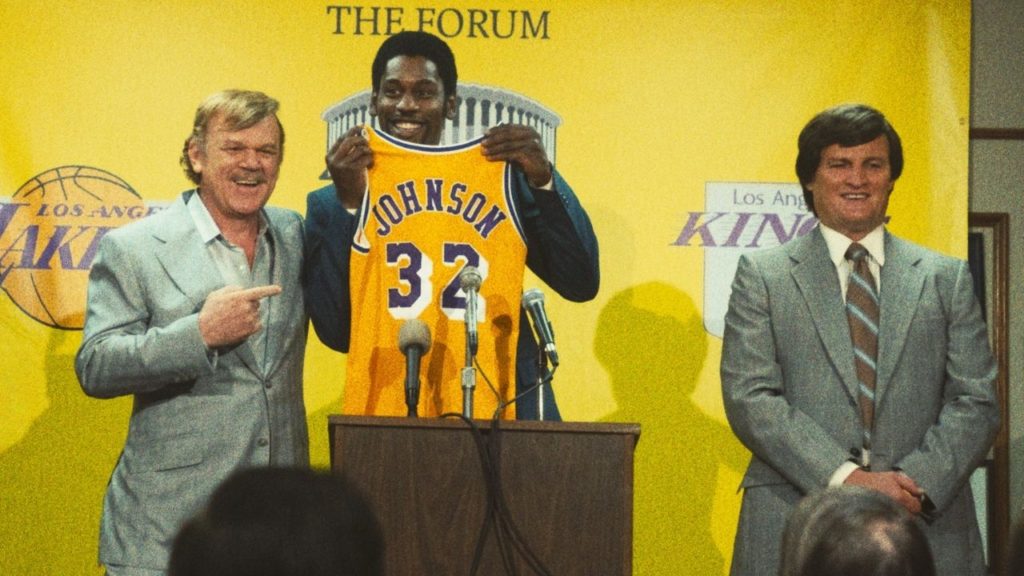
Goggler: Do you see him as a PT Barnum figure; or as a grifter or a fluke?
JCR: No, I wouldn’t say he was a grifter or a fluke because he worked really, really hard. And he was very intentional in the things he did. You know, it wasn’t just an accident. I mean, you don’t become a Doctor of Physical Chemistry without some serious effort and study and then you don’t go on to teach it unless you are very good at it. So, he was definitely a PT Barnum-like figure because he believed in the power of positive thinking. And he encouraged people to dream big and he wore his confidence like a badge of honour. He was also a brilliant tactician — he was a great poker player. He used that ability to read people and to know when deals were going down, and what was the right move to make when someone was bluffing. Or just to know when he was beat. He was all of those things and as a result, he is one of the most complicated and fascinating characters I’ve ever played. His life story was nothing if not full of variety.
Goggler: Once you were cast, what did you do next to prepare?
JCR: Well, I had about seven days to get ready for this character! That’s when I was offered the part, right before the pilot. There were some casting changes made and my buddy Adam McKay called me up and asked me to do it. You know that old saying, ‘Some people are born great, and some people have greatness thrust upon them’? Well, I had this great role thrust upon me with seven days to get ready. Luckily, I look enough like the guy that with some help with hair and makeup I could get into a place where I looked like him. And then I just did a quick study on what the guy was like – and that was mainly from this big book that we based the show on. [Jeff Pearlman’s Showtime: Magic, Kareem, Pat Riley, and the Los Angeles Lakers Dynasty]. That was a lot of my research in that week. And then, as the events of his life were revealed to me, it just became more and more fun as time went on.
That said, because of the kind of instinctual way I had to approach the character, and because of the amount of time that I had, I decided that once we started moving through the episodes, I would only read the episode that we were shooting at that time; I wouldn’t read the whole season of scripts. So that when I was performing, I really was just in that moment with that character: what he knew, I knew. I think that helped me to keep it fresh and instinctual, and it also helped me manage the stress of playing this guy. Because the tension of this guy’s life in that first season ratcheted up with every single game, every single setback, every single challenge that came his way.
When I finished this job, I fell apart — I didn’t even realise how much tension was building in me, you know, but I lived that. As much fun as it was, it also tested me in ways that I really didn’t expect. In the second half of the season, there’s a lot of very emotional scenes with a lot of crying and getting upset and a big, serious loss for Jerry in his personal life. I expected to be doing a lot of reaction shots going, ‘Yeah, we won!’ or whatever, but I didn’t expect him to get into this very intense stuff with his relationship with his mother. I ended up thinking a lot about my own relationship with my mother… Anyway, it was quite a can of worms, once I got into this life that this guy lived. And at the end of it I was very proud of what we did, and how deep we went. We didn’t just make it about a playboy who got lucky, you know — this guy had an intense life. He worked very hard. He achieved great things, but not without a big cost to him personally.
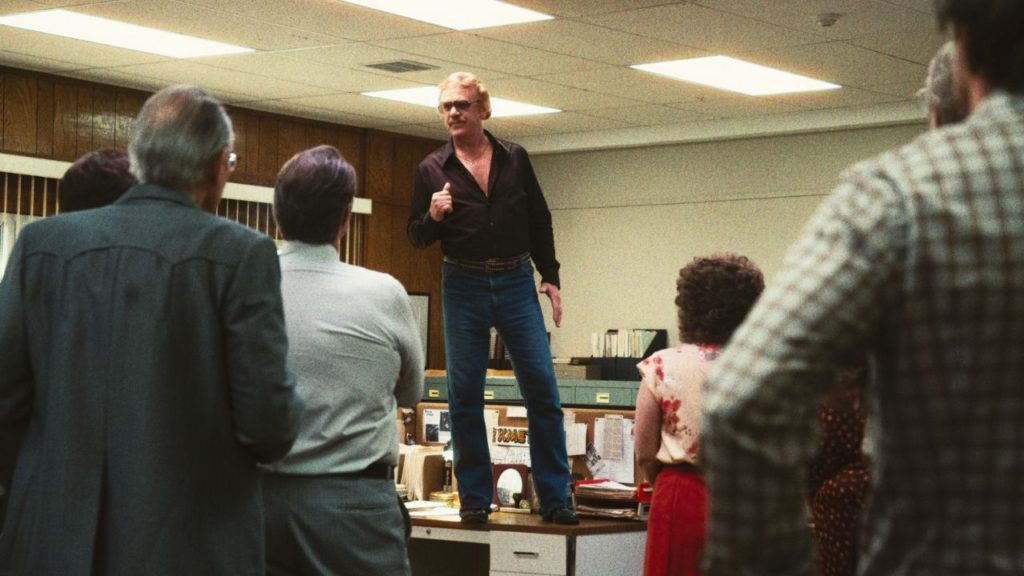
Goggler: What is universal about this story? Why do you think it will speak to non-sports fans?
JCR: Even if you’re not a fan of sport – let’s say you’re a fan of theater like I was growing up — once you know the characters involved and you put the people in this pressure cooker of a game, with a timeline at the end of which there’ll be a loser and a winner, I think that’s something that people all over can relate to. But that said, what sport offers a viewer is one thing; what the show gets into is what it feels like as a human being to go through these intense experiences. And I think that’s something anyone can relate to, whether you’re going into work to sell insurance, but you’re dealing with a serious illness in your family. You can relate to someone going to go try to win a basketball championship, going through a traumatic illness, and his family. These players and all these people involved with this team; they were all going through big stuff in their private lives.
That’s what gives the show a universal human appeal. We go deep into traumatic events for a lot of different people. It also examines the relationships between black people and white people at a very fraught time in America’s history. Unfortunately, we’re still in a very fraught time with those kinds of issues in America. So really it looks at culture. Basketball is just the conduit through which we move, but we’re looking at bigger human questions.


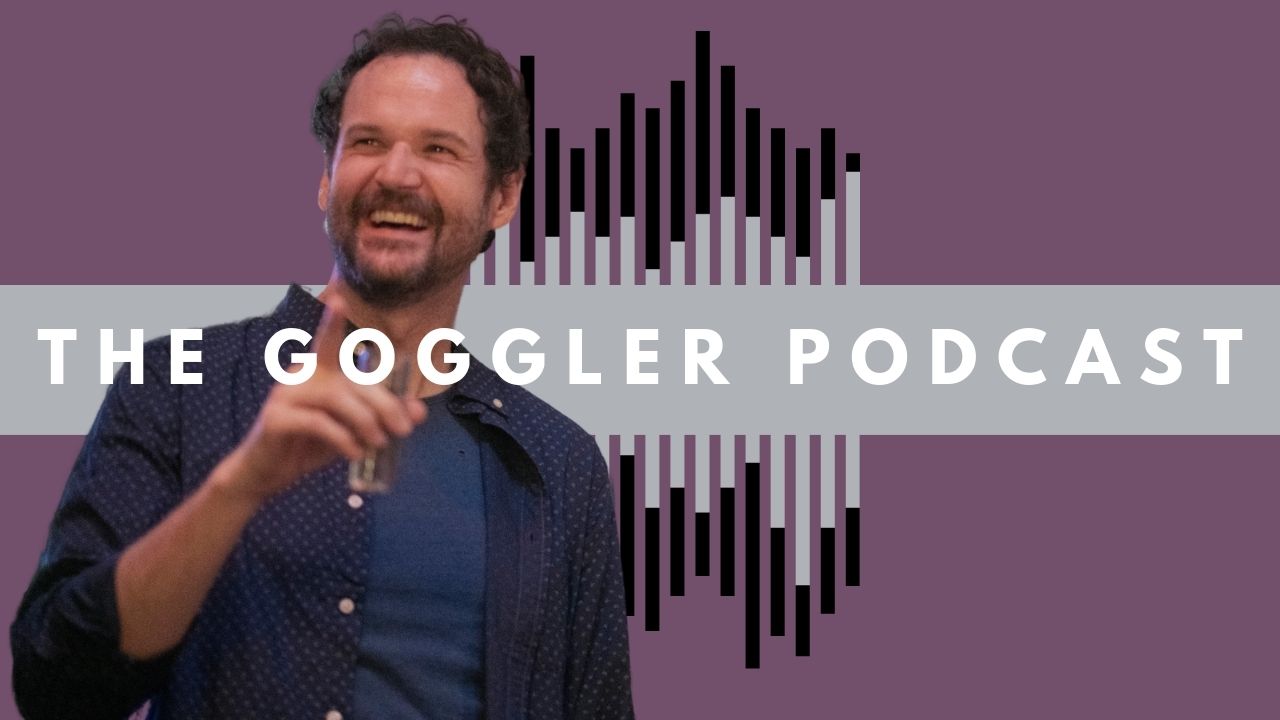
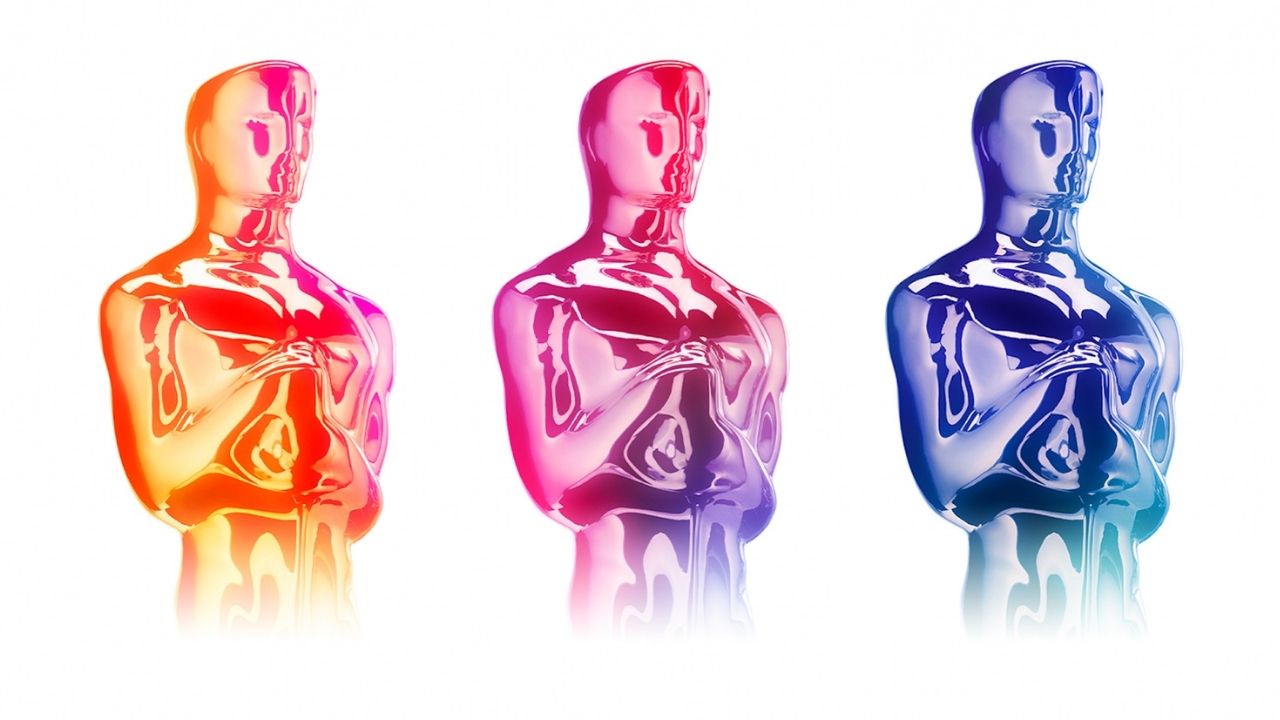
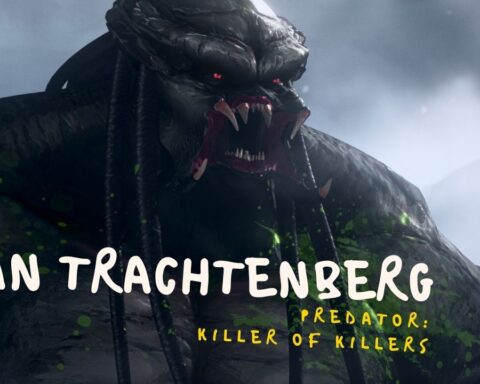

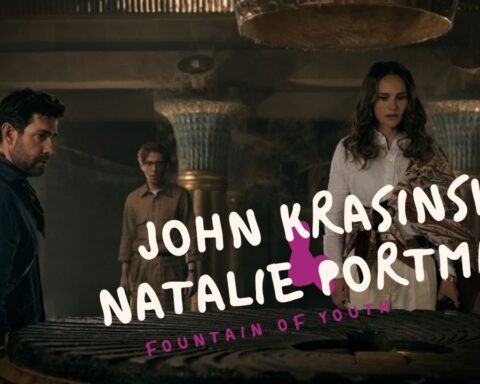
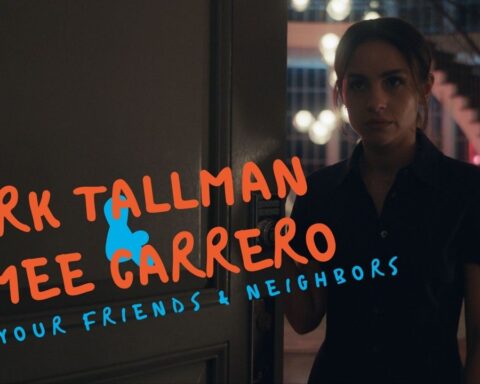
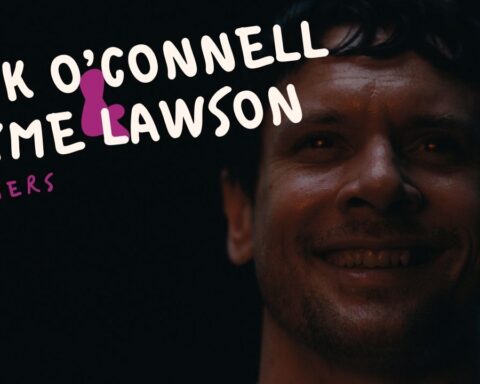
Follow Us